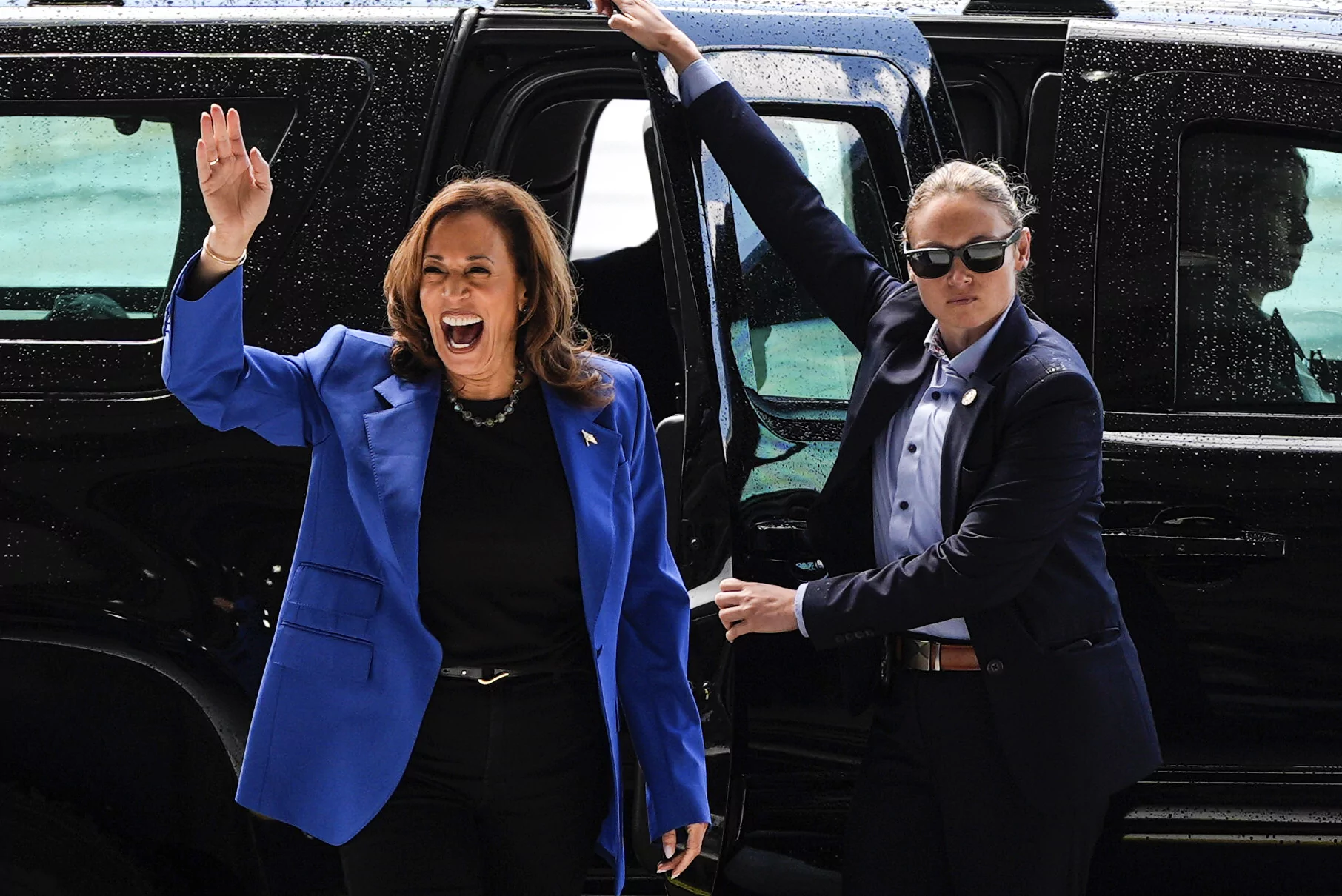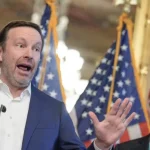

CHICAGO — Vice President Kamala Harris has yet to produce a fully fleshed-out economic platform ahead of the general election in November.
The vice president has been criticized for not only dripping out her 2024 policy proposals — like installing tax credits for incentivizing new home construction, targeting price gouging among food suppliers and retailers, promoting growth of cryptocurrencies, and eliminating taxes on tips — but also flipping on a number of her previously held, significantly more progressive policy positions after taking over the top of the ticket from President Joe Biden.
The Harris campaign says that the vice president plans to advance parts of Biden’s unrealized economic proposals, and allies and Democratic strategists consistently pointed to the 2024 Democratic National Convention as a prime venue for Harris to expand on her own economic ideals.
But through her keynote DNC address, she made a number of promises to address voters’ top economic concerns; the vice president generally did so in broad strokes as opposed to meticulously detailing economic executive actions or legislation she would push as the nation’s highest elected official.
Harris promised Thursday to fight for an “opportunity economy where everyone has the chance to compete and a chance to succeed,” a sleeker refashioning of Biden’s pledge to build the economy from the bottom up and the middle out.
And, again, like Biden, she opined about her vision to “bring together labor and workers and small business owners and entrepreneurs and American companies” to lower costs and create jobs.
Harris also reiterated her stated desire to fix the housing and food crises and protect Social Security and Medicare, but virtually all of the actual numbers included in her speech were used to denigrate her opponent, former President Donald Trump, and his economic platform.
“He fights for himself and his billionaire friends, and he will give them another round of tax breaks that will add up to $5 trillion to the national debt,” she declared Thursday. “And all the while, he intends to enact what, in effect, is a national sales tax — call it a Trump tax that would raise prices on middle-class families by almost $4,000 a year. Well, instead of a Trump tax hike, we will pass a middle-class tax cut that will benefit more than 100 million — more than 100 million Americans.”
Though Harris continues to be attacked by Republicans for pushing vibes and hope over hard policy, that seemed to be enough for attendees at the DNC, at least for now.
Gina Raimondo, Biden’s Commerce Secretary and a reported top contender to lead the Treasury in a Harris administration, said in an interview that “Kamala has an absolutely winning message.” Raimondo attended the DNC in her personal capacity.
“Build up the middle class, create good paying jobs for everyday Americans, and bring down costs. That’s what’s on the mind of most Americans,” she said, seeking to summarize Harris’s agenda. “Bring down the cost of housing, the cost of prescription drugs, the cost of child care. That’s what Americans need a hand with. What they don’t need is another fat tax cut for the richest people in America.”
Gov. Josh Shapiro (D-PA), a finalist to be Harris’s 2024 running mate, defended the slow roll of her policies, suggesting the vice president would use the remaining two-plus months of the campaign to expand her platform while continuing to build the momentum she’s garnered since entering the race.
Rep. Ro Khanna (D-CA), a popular populist lawmaker and fervent supporter of first Biden and now Harris’s 2024 bids, told the Washington Examiner he still wants to see Harris develop a “populist, working-class agenda” that forgives medical and student loan debt, caps credit card interest rates and rent, install universal child care, and expand Medicare. But he’s confident the vice president will be able to deliver.
“The biggest thing people fear is their own economic conditions. Many are in debt,” he told the Washington Examiner. “So part of it is providing relief for people, immediate relief, so that they’re not drowning in debt.”
“She’s been our nominee for — what has it been, about two weeks or something? So it’s not been very long, and she’s immediately putting out proposals to address some of the basic worries people have about rising costs, and not being able to put food on the table for their families, and making sure they’ve got jobs in their communities,” he explained to the Washington Examiner. “I anticipate she’ll continue to put out policy positions.”
Bakari Sellers, a political commentator and co-chair of Harris’s 2020 White House campaign, told the Washington Examiner to look to her upcoming debate with Trump for a fuller explanation of her economic policies, but he’s been pleased with how she’s building that platform, given her truncated time atop the ticket.
CLICK HERE TO READ MORE FROM THE WASHINGTON EXAMINER
“There’s something that’s very real about her way that she’s approaching the economy or her economic policy, for example, she’s acknowledging the pain that voters are feeling,” he said in an interview. “She’s not saying, ‘Oh, my God, we had a panacea. We fixed all that pain. It’s not real. She’s actually acknowledging that there still is work to be done.”
“People do want to be able to have this discussion about policy, so I look forward to her — the onus is on her, on September 10, to answer the questions that you’re asking,” Sellers continued. “But I think the policy she’s put out so far — not raising taxes on people who make less than $400,000, no taxes on wages — on tips, are just a good, good start.”




